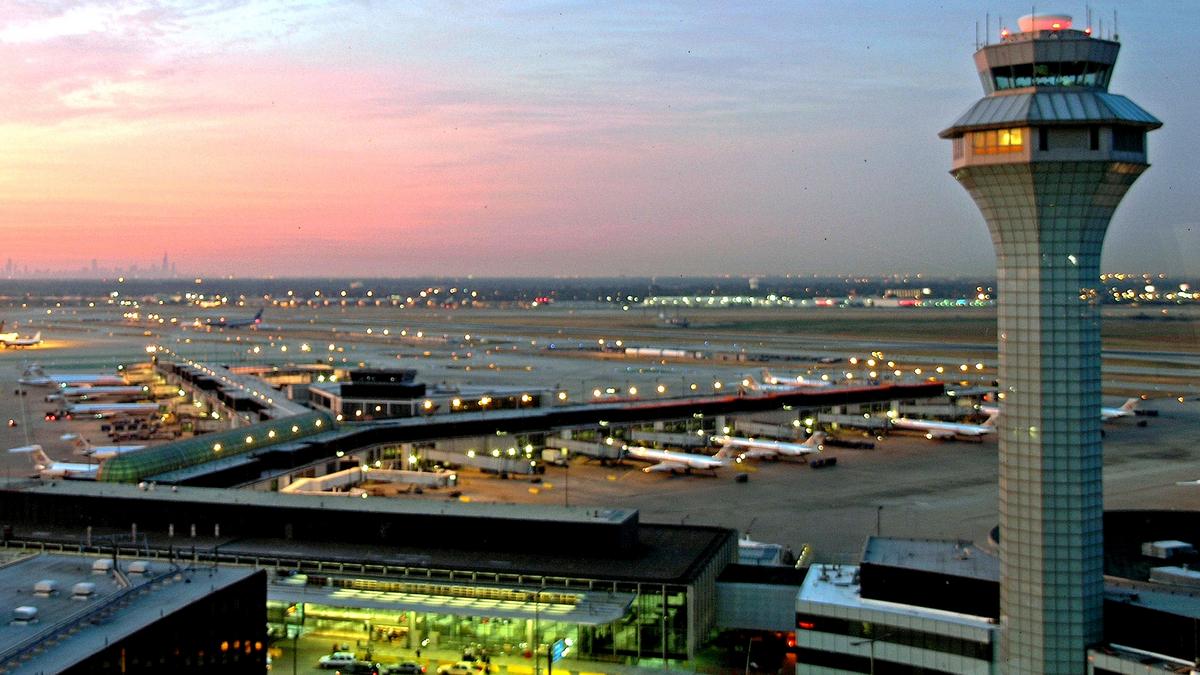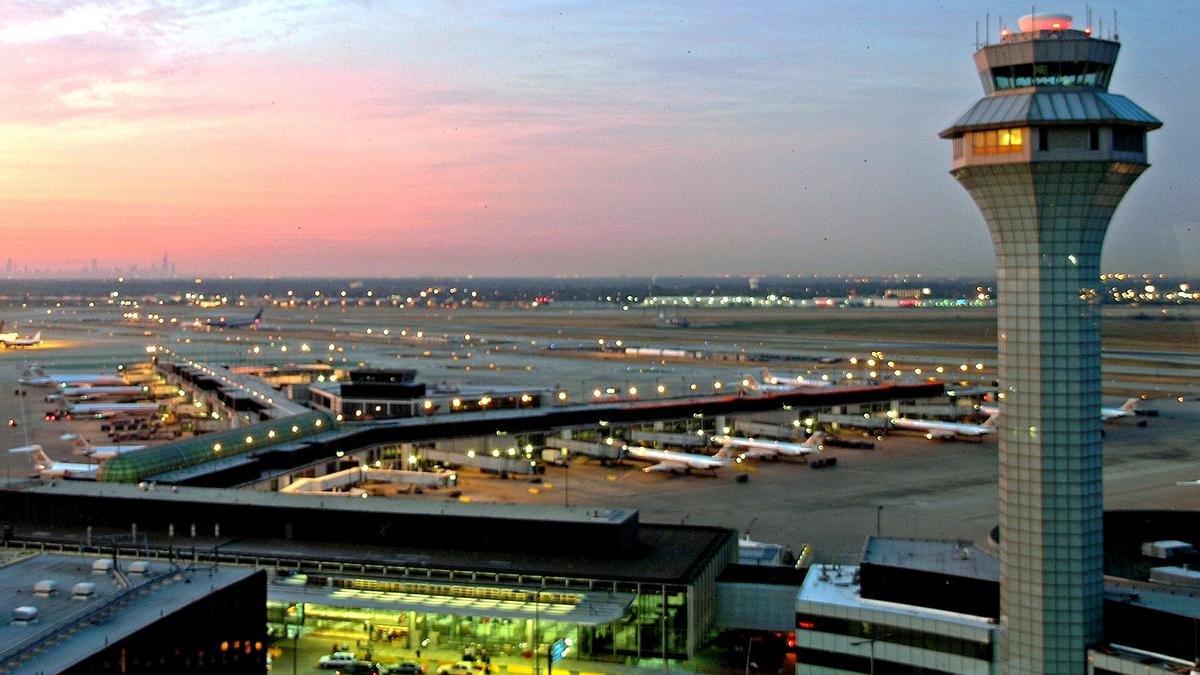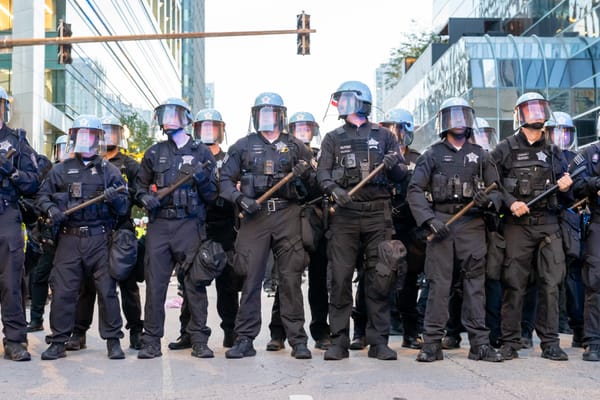FAA, FCC, Airlines, Telecoms, and Biden administration shift blame on 5G rollout
CEOs of the nation’s largest airlines say that interference from the wireless service on a key instrument on planes is worse than they originally thought.


AT&T, Verizon pause some new 5G after airlines raise alarm
By DAVID KOENIG | AP Airlines Writer
AT&T and Verizon will delay launching new wireless service near some airports after the nation’s largest airlines said the service would interfere with aircraft technology and cause massive flight disruptions.
The decision from the telecommunication companies arrived Tuesday as the Biden administration tried to broker a settlement between the telecom companies and the airlines over a rollout of new 5G service, scheduled for Wednesday.
Airlines want the new service to be banned within two miles of airport runways.
AT&T said it would delay turning on new cell towers around runways at some airports — it did not say how many — and work with federal regulators to settle the dispute.
A short time later, Verizon said it will launch its 5G network but added, “we have voluntarily decided to limit our 5G network around airports." It blamed airlines and the Federal Aviation Administration, saying they “have not been able to fully resolve navigating 5G around airports” although it is working in more than 40 countries.
The announcements came after the airline industry issued a dire warning about the impact a new type of 5G service would have on flights. CEOs of the nation’s largest airlines said interference with aircraft systems would be worse than they originally thought, making many flights impossible.
“To be blunt, the nation’s commerce will grind to a halt” unless the service is blocked near major airports, the CEOs said in a letter Monday to federal officials including Transportation Secretary Pete Buttigieg, who has previously taken the airlines’ side in the matter.
White House press secretary Jen Psaki said that if “hundreds or thousands of flights” are grounded, it would affect passengers and the shipping of cargo needed for the nation's supply chain. “We want to avoid that and prevent it,” she said.
Psaki said among those taking part in ongoing negotiations with airlines and telecoms were Buttigieg, members of President Joe Biden's economic team, the Federal Aviation Administration and the Federal Communications Commission.
The new high-speed 5G service uses a segment of the radio spectrum, C-Band, that is close to that used by altimeters, which are devices that measure the height of aircraft above the ground. Altimeters are used to help pilots land when visibility is poor, and they link to other systems on planes.[1]
AT&T and Verizon say their equipment will not interfere with aircraft electronics, and that the technology is being safely used in many other countries.
However, the CEOs of 10 passenger and cargo airlines including American, Delta, United and Southwest say that 5G will be more disruptive than earlier thought because dozens of large airports that were to have buffer zones to prevent 5G interference with aircraft will still be subject to of flight restrictions announced last week by the FAA. They add that those restrictions won’t be limited to times when visibility is poor.
“Unless our major hubs are cleared to fly, the vast majority of the traveling and shipping public will essentially be grounded. This means that on a day like yesterday, more than 1,100 flights and 100,000 passengers would be subjected to cancellations, diversions or delays,” the CEOs said.
The showdown between two industries and their rival regulators — the FAA and the FCC, which oversees radio spectrum — threatens to further disrupt the aviation industry, which has been hammered by the pandemic for nearly two years.
This was a crisis that was years in the making.
The airline industry and the FAA say that they have tried to raise alarms about potential interference from 5G C-Band but the FCC has ignored them.
The telecoms, the FCC and their supporters argue that C-Band and aircraft altimeters operate far enough apart on the radio spectrum to avoid interference. They also say that the aviation industry has known about C-Band technology for several years but did nothing to prepare — airlines chose not to upgrade altimeters that might be subject to interference, and the FAA failed to begin surveying equipment on planes until the last few weeks.
After rival T-Mobile got what is called mid-band spectrum from its acquisition of Sprint, AT&T and Verizon spent tens of billions of dollars for C-Band spectrum in a government auction run by the FCC to shore up their own mid-band needs, then spent billions more to build out new networks that they planned to launch in early December.
In response to concern by the airlines, however, they agreed to delay the service until early January.
Late on New Year’s Eve, Buttigieg and FAA Administrator Stephen Dickson asked the companies for another delay, warning of “unacceptable disruption” to air service.
AT&T CEO John Stankey and Verizon CEO Hans Vestberg rejected the request in a letter that had a scolding, even mocking tone. But they had second thoughts after intervention that reached the White House. They agreed to the second, shorter delay but implied that there would be no more compromises.[2]
That was followed by a deal in which the telecoms agreed to reduce the power of their networks near 50 airports for six months, similar to wireless restrictions in France. In exchange, the FAA and the Transportation Department promised not to further oppose the rollout of 5G C-Band.
President Joe Biden praised the deal, but the airlines weren’t satisfied with the agreement, regarding it as a victory for the telecoms that didn’t adequately address their concerns about trying to land planes at airports where the new service would be active.[3]
The Chicago Journal needs your support.
At just $20/year, your subscription not only helps us grow, it helps maintain our commitment to independent publishing and remain free from influence.
Notes & References
Press, The Associated. “Explainer: Why Airlines Fear 5G Will Upend Travel This Week.” AP NEWS. Associated Press, January 18, 2022. https://apnews.com/article/why-are-airlines-worried-about-5g-f908b6eff8551b580dfd111029c5be2d. ↩︎
Koenig, David. “AT&T, Verizon Delay New 5G Service after Buttigieg Request.” AP NEWS. Associated Press, January 4, 2022. https://apnews.com/article/business-airlines-transportation-pete-buttigieg-14ddbf85028adf998a7a2eb208175b9f. ↩︎
Koenig, David. “Biden Says Deal with Telecoms Avoids Flight Disruptions.” AP NEWS. Associated Press, January 4, 2022. https://apnews.com/article/coronavirus-pandemic-joe-biden-health-business-federal-aviation-administration-658c00d4d281bf11772b7ce457c3e244. ↩︎





